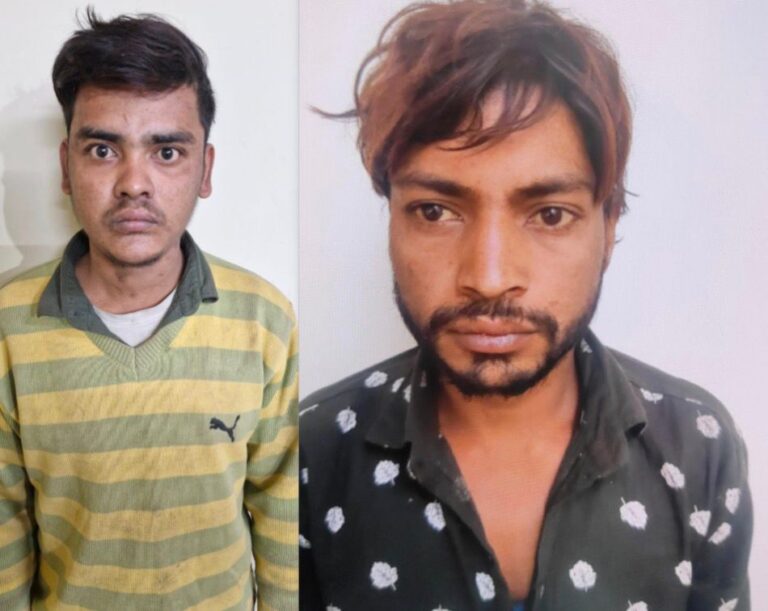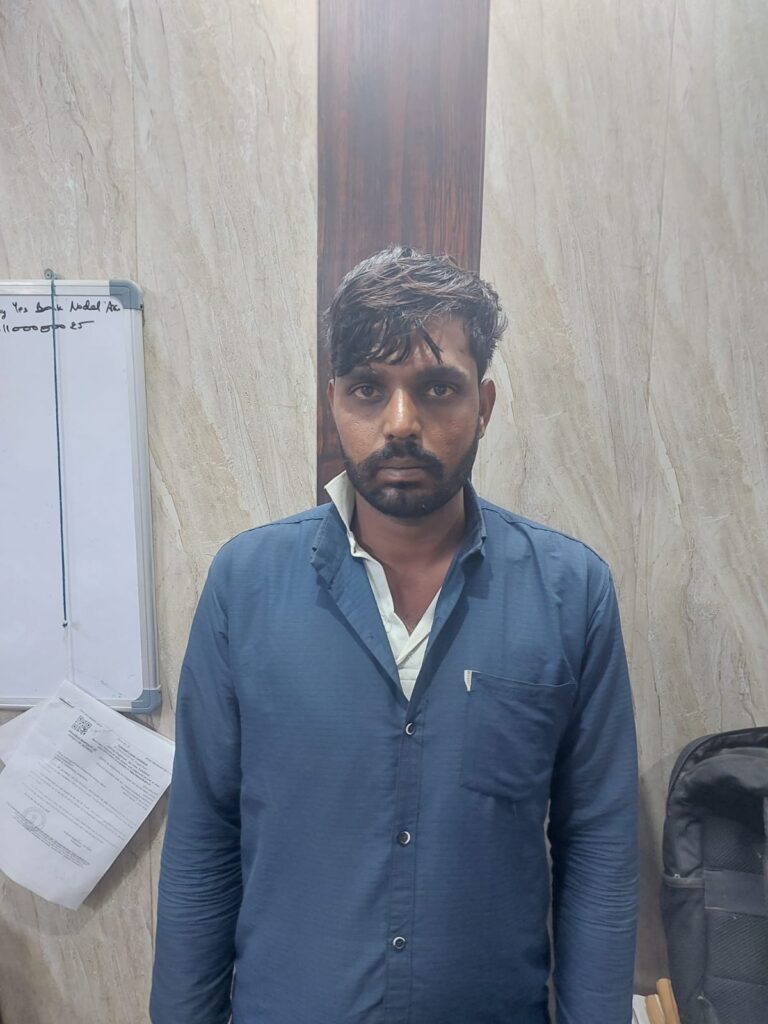
SAMETI-Jammu (SKUAST-J) and MANAGE Hyderabad Jointly started Training on Gender Responsive Extension Services
The State Agricultural Management & Extension Training Institute (SAMETI), Jammu under the patronage of Prof. B.N.Tripathi, Hon’ble Vice-Chancellor SKUAST-Jammu, inaugurated a four-day training programme on “Gender Responsive Extension Services” today on 18th August, 2025. The 04 days programme, scheduled from 18th to 21st August 2025, aims to strengthen the capacities of extension professionals to integrate gender perspectives in agricultural development and service delivery. More than 30 participants from different states of the country are participating in this programme.
The inaugural session began with the welcome address by Dr. Vijay K. Sharma, Deputy Director Extension. Further, Dr. Veenita Kumari, Deputy Director (Gender Studies), MANAGE, Hyderabad elaborated about the training programme and its importance in reference to the vital role of women in agriculture which is also being recognised by United Nations by celebrating 2026 as year of Women Farmers.
Dr. Pawan K. Sharma, Professor & Head, Division of Agricultural Economics, remarked and underlined the need for strong institutional and policy support to promote gender-responsive extension. He highlighted that inclusive policies are crucial for ensuring equitable access to resources, markets, and opportunities for women farmers.
While addressing the inaugural session, Dr. Hema Tripathi, Associate Director Extension, SKUAST-Jammu, remarked that Agriculture in India cannot achieve its full potential unless women farmers, who form the backbone of our rural economy, are given equal opportunities, recognition, and support. Gender-responsive extension is not just about women empowerment, but about creating more inclusive, resilient, and sustainable farming systems.
Dr. Amrish Vaid, Director Extension, SKUAST-Jammu, in his address, highlighted the importance of institutionalizing gender-responsive approaches in agricultural development. He emphasized that women are central to farming systems, yet their contributions often remain under-recognized. Extension services must adopt inclusive and gender-sensitive strategies to ensure that women farmers have equal access to knowledge, skills, technologies, and institutional support. He elaborated upon the role being played by the SKUAST-Jammu in providing the extension services to every nook and corner of the Jammu division through its network of KVKs. Dr. Vaid further noted that mainstreaming gender in extension programmes not only empowers women but also enhances household food security, productivity, and overall community resilience. He commended the collaborative efforts of SAMETI-Jammu and MANAGE Hyderabadin organizing this programme, and expressed confidence that the training would equip extension professionals with the right tools and perspectives to integrate gender equity into agricultural planning and service delivery.
The session concluded with a vote of thanksbyMs. Puja Nayyar, Deputy Director, SAMETI-Jammu.



